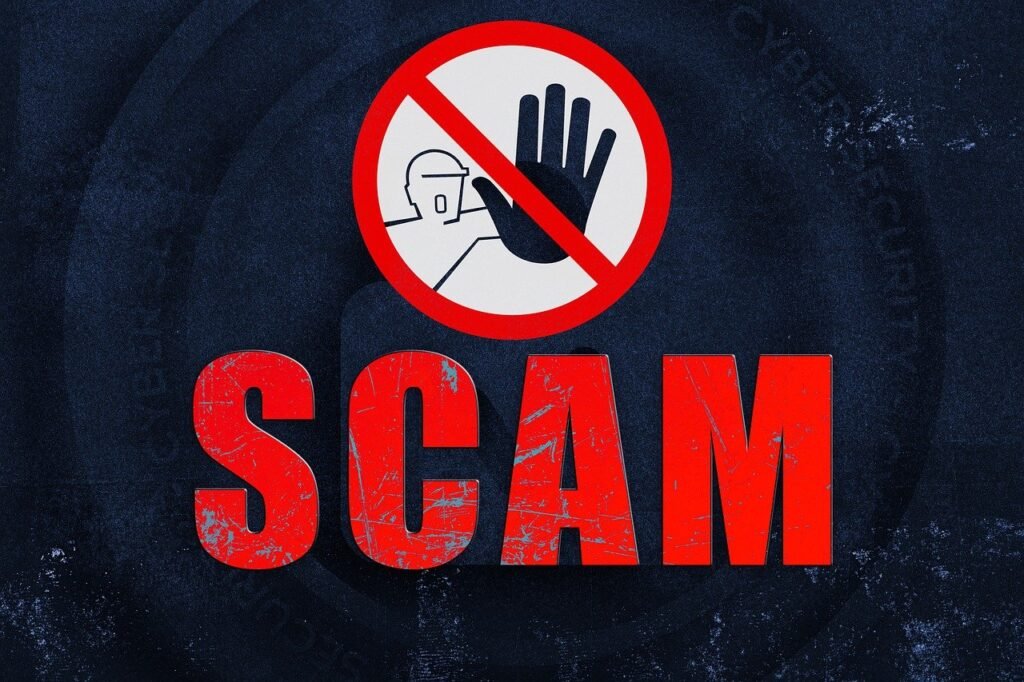In the realm of international business, understanding the nuances and legalities of foreign countries is paramount. One such nuance, often overlooked by foreign entities, is the significance of the company seal in China. This article delves into the importance of recognizing genuine Chinese company seals and the potential pitfalls of neglecting this crucial aspect.
Table of Contents
ToggleThe Company Stamp in China
1. Significance of the company stamp in China
In China, the company stamp is not merely a formality but holds profound significance. It is pivotal for validating the legality and authenticity of official documents. The stamp represents the company’s authority and plays a crucial role in formalizing contracts and other agreements. It serves as a testament to the company’s legitimacy and the commitment of the involved parties.
2. Legal implications
The implications of the company stamp extend beyond symbolism. A contract bearing the company stamp indicates that the company’s legal representatives have sanctioned the document, binding it under Chinese law. Without this stamp, the contract might not hold legal weight in China, leaving foreign entities vulnerable to potential disputes and financial setbacks.
Verifying the Authenticity of a Company Stamp
To safeguard against potential fraud, it’s essential to:
- Research the company’s official seal, acquainting oneself with its appearance, shape, and size.
- Be aware of the designated ink colors for specific industries in China.
- Ensure the company’s full legal Chinese name and registration number are correctly depicted on the stamp.
If there’s any uncertainty regarding the stamp’s authenticity, seeking professional guidance is advisable. Legal experts or specialists in Chinese law can assist in verifying the stamp’s legitimacy.
Safeguarding Your Business Interests
1. Doing due diligence
When collaborating with Chinese companies, due diligence is non-negotiable. It’s vital to conduct thorough background checks, assessing the company’s track record and financial stability. Verifying the identity of the company’s legal representatives and their authority to finalize agreements is equally crucial. Remember, only the Chinese name of the company holds legal significance in Chinese courts.
2. Ensuring proper documentation
Maintaining comprehensive records of all interactions, contracts, and correspondences with the Chinese company is essential. This includes ensuring that all documents bear the appropriate signatures and stamps. A meticulous paper trail can be invaluable in the event of disputes or legal challenges.
3. Communicating expectations
Transparent communication is the bedrock of successful international collaborations. Clearly outlining expectations and contractual obligations can preempt potential misunderstandings and disputes.
Navigating Potential Issues
1. Resolving disputes
In the unfortunate event of a dispute, the first course of action should be an amicable resolution through dialogue and negotiation. If this proves futile, mediation or arbitration might offer a viable alternative. Engaging legal experts familiar with Chinese law can provide invaluable insights during such times.
2. Legal recourse
If all else fails, legal action might be the only recourse. In such scenarios, having comprehensive documentation and evidence is paramount. Engaging experts in Chinese law and cross-border disputes can significantly bolster the chances of a favorable outcome.
Conclusion
Recognizing the importance of the Chinese company seal is not just about understanding a cultural nuance; it’s about safeguarding business interests and ensuring legally binding agreements. By taking the necessary precautions, verifying the authenticity of the company stamp, and fostering open communication, businesses can mitigate potential disputes and safeguard their investments.
FAQs
- What is the purpose of a company stamp in China?
The company stamp in China authenticates official documents and symbolizes the company’s authority. It’s vital for establishing the legality and validity of contracts. - Is a contract valid without a company stamp in China?
The absence of a company stamp might render a contract invalid and unenforceable under Chinese law, exposing businesses to potential disputes and losses. - How can I verify the authenticity of a Chinese company stamp?
Familiarize yourself with the company’s official seal, verify the ink color, and ensure an accurate representation of the company’s name and registration number. Seeking professional assistance can further validate authenticity. - What steps should I take to protect my business interests when collaborating with Chinese companies?
Conduct thorough due diligence, maintain comprehensive documentation, and foster clear communication. - What are the options if a dispute arises with a Chinese company?
Options range from negotiation and mediation to arbitration and legal action. Engaging legal counsel familiar with Chinese law can provide invaluable guidance.








